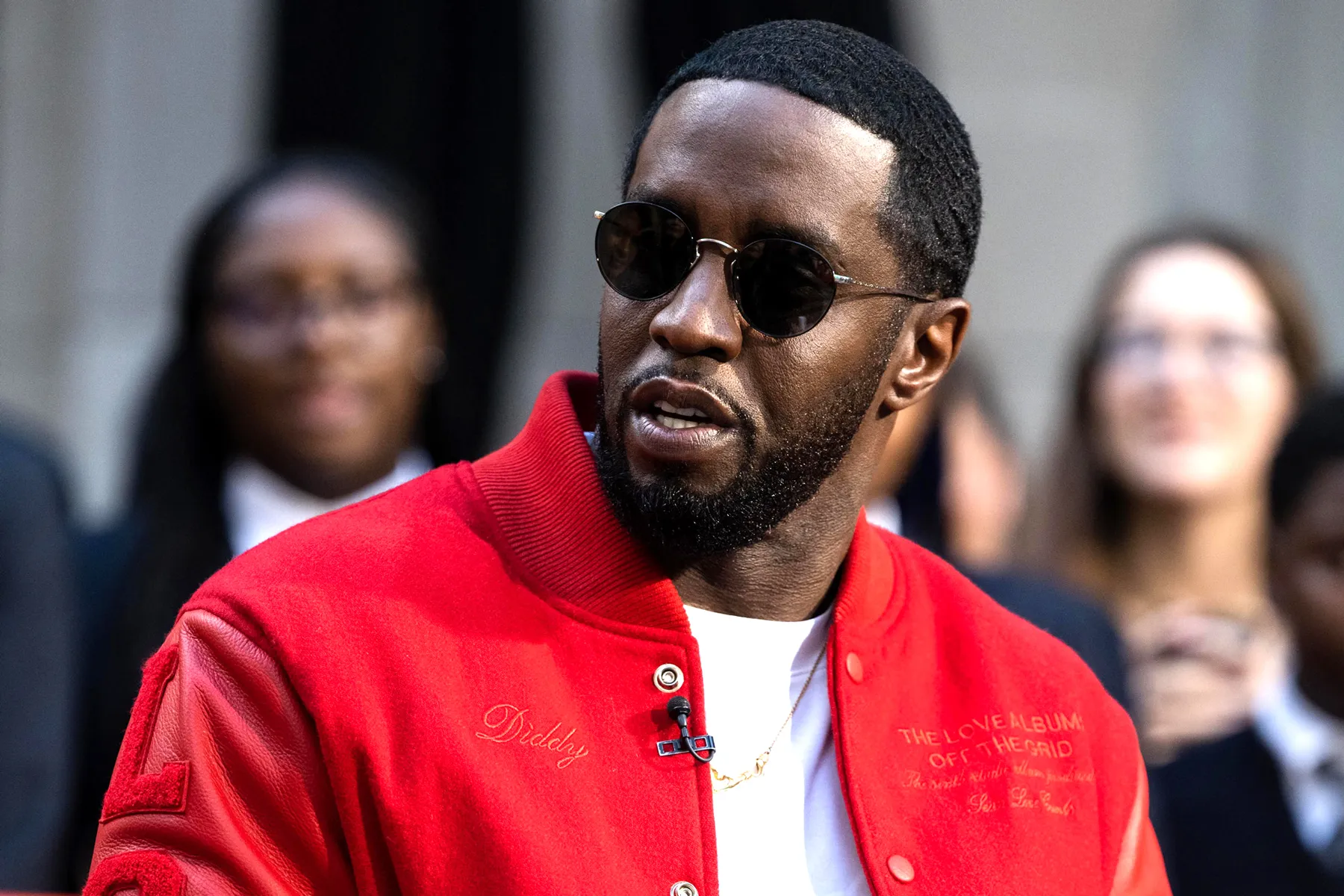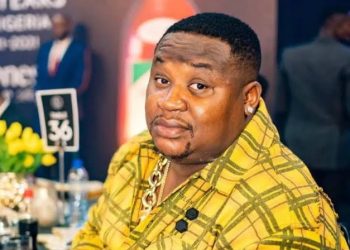The jury presiding over the federal trial of music mogul Sean “Diddy” Combs returned a partial verdict on Tuesday but failed to reach a decision on the most serious allegation — racketeering.
In a note sent to Judge Arun Subramanian, the jurors stated, “We have reached a verdict on counts 2, 3, 4, and 5. We are unable to reach a verdict on count 1 as we have jurors with unpersuadable opinions on both sides.”
The unresolved count, which accuses Combs of running a criminal operation that facilitated coerced sexual activity involving escorts, carries a potential life sentence. Judge Subramanian told the jury to resume deliberations on Wednesday, while allowing them to break for the day.

Combs, 55, is also facing two sex trafficking charges and two counts of transporting individuals for prostitution. The racketeering accusation centers on claims that he orchestrated an organized ring of employees who helped enable and conceal his alleged misconduct.
The trial, which has unfolded over several weeks, stems from a wave of allegations following a 2023 civil lawsuit filed by his former partner of 11 years, singer Cassie Ventura. She accused him of repeated emotional, physical, and sexual abuse. Though that case was quietly settled for $20 million, it triggered further lawsuits and a formal criminal investigation.
Jurors heard from multiple women during the proceedings who described being drawn into a world of degrading sex parties, while some former employees testified about acts of violence and manipulation within Combs’s circle. Prosecutors also submitted phone records, financial documents, and video evidence to support their claims.
According to the prosecution, Combs controlled a group of loyal aides who “existed to serve his needs,” enforcing power through intimidation, drug use, forced labor, and threats — all under the guise of running a business empire.
To convict on racketeering, jurors must unanimously agree that Combs conspired to commit at least two criminal acts listed under the charge.
Defense attorney Marc Agnifilo pushed back, stating that Combs may have had turbulent relationships but never crossed legal lines. He called the Grammy-winning artist a “self-made, successful Black entrepreneur” and argued that none of the people prosecutors claim were involved actually testified against him.
While the defense acknowledged some violent episodes, they maintained the relationships were consensual. Agnifilo dismissed the prosecution’s depiction of Combs as a predator, instead portraying the case as a distortion of facts.
But Assistant U.S. Attorney Maurene Comey struck back in her closing remarks, stating, “He was so far past the line he couldn’t even see it. In his mind, he was untouchable.”
“The defendant never thought that the women he abused would have the courage to speak out loud what he had done to them,” she added. “That ends in this courtroom. The defendant is not a god.”
The jury of eight men and four women must reach unanimous decisions on each count. Deliberations continue Wednesday.

















